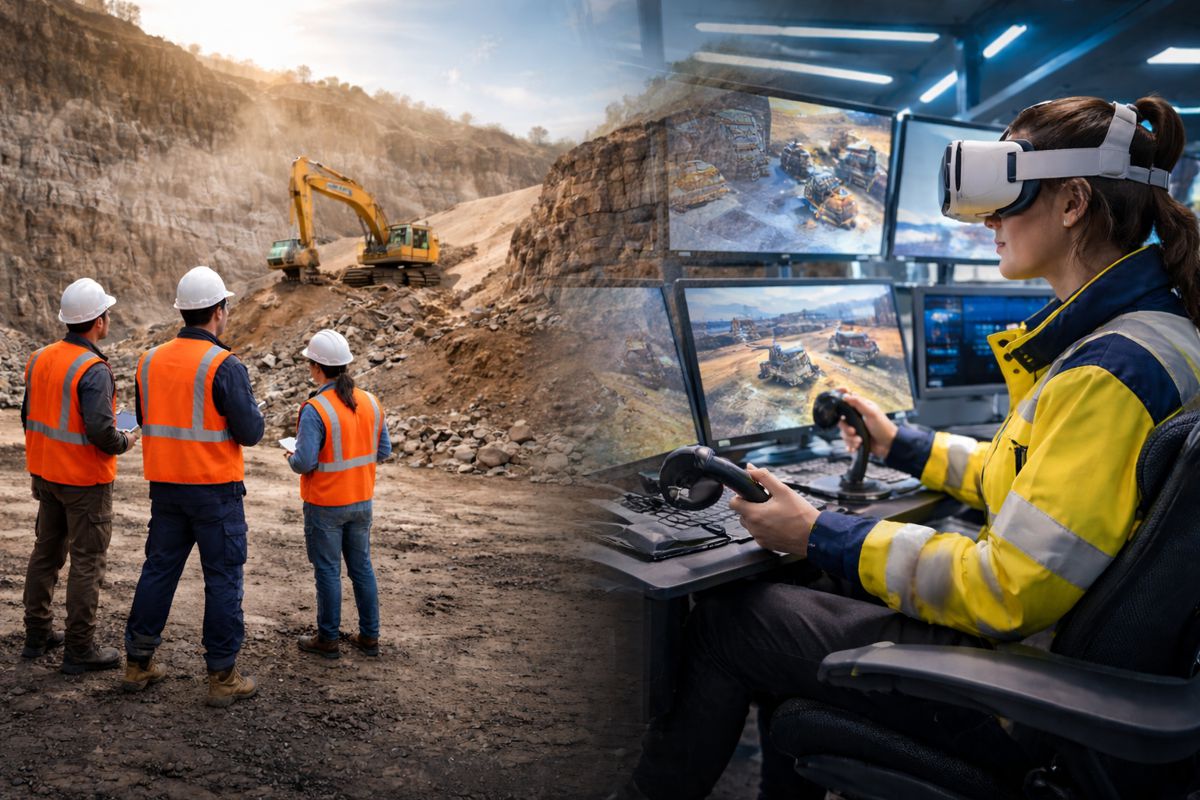Construction Equipment Association promotes Engineering Apprenticeship Standards
Apprenticeships continue to rise in the consciousness of the nation and are widely regarded as crucial to redressing the engineering skills gap. For many young people they are a great way into work and offer a fantastic career without the worry of a student loan and debt. More and more young people are starting apprenticeships as an alternative to A levels and university, and some employers will sponsor their people to study for a higher qualification once an apprenticeship has been completed.
The CEA has been involved in the development of apprenticeship standards for some time working with the Land-based Training and Education Committee (LETEC). Through hard work and perseverance, through the very lengthy and testing approvals process, the CEA are delighted with the resulting two standards that have been approved by the Institute for Apprenticeships – Land-based Service Engineer (Level 2), and Land-based Service Engineering Technician (Level 3).
Philip Burgess of the Construction Equipment Association’s Skills Advisory Panel said, “With these new apprenticeships being introduced this year by several training providers across England, the CEA’s attention now switches to their promotion to CEA member companies and their employees. To this end we are planning with key partners representing the Land-based Engineering industry, a coming together with colleges and training providers, two regional (north and south) ‘what it’s all about’ seminars where employers and dealerships can find out more about these apprenticeships as well as the workings of the new apprenticeship levy.”
It is important that the term ‘Land-based Engineering’ is recognised within the context of skills and training as encompassing the construction and plant sector, in addition to the agricultural and outdoor power equipment sectors. With each apprenticeship standard, pathways exist whereby the Land-based Service Engineer’s/Technician’s occupational title will be prefixed by the industry sector he/she works within, for example; Construction and Plant Service Engineer.
Philip added, “In essence, both apprenticeship standards deal with the maintenance and repair of a range of mechanised equipment used across the different pathways within the Land-based Engineering industry.”
Service Engineer apprentices (Level 2) will learn to work to solve problems using a combination of scientific, technical and engineering knowledge. They will typically work on the employer’s premises under supervision and, where appropriate and safe to do so, on their own initiative. They can work on a diverse range of tasks and machinery specific to their sector pathway. Technician apprentices (Level 3) will learn how to diagnose and repair more complex faults and will need a good level of mechanical skill and the ability to work from technical manuals.
They will typically work on site using their own initiative in a customer facing role. In addition, they could often be called upon to mentor and supervise junior colleagues and to give advice to customers on machinery selection; again, specific to their sector pathway.
Full details of the two Land-based Engineering apprenticeship standards and details of the forthcoming promotional seminars will be communicated to CEA members in the coming weeks.






























